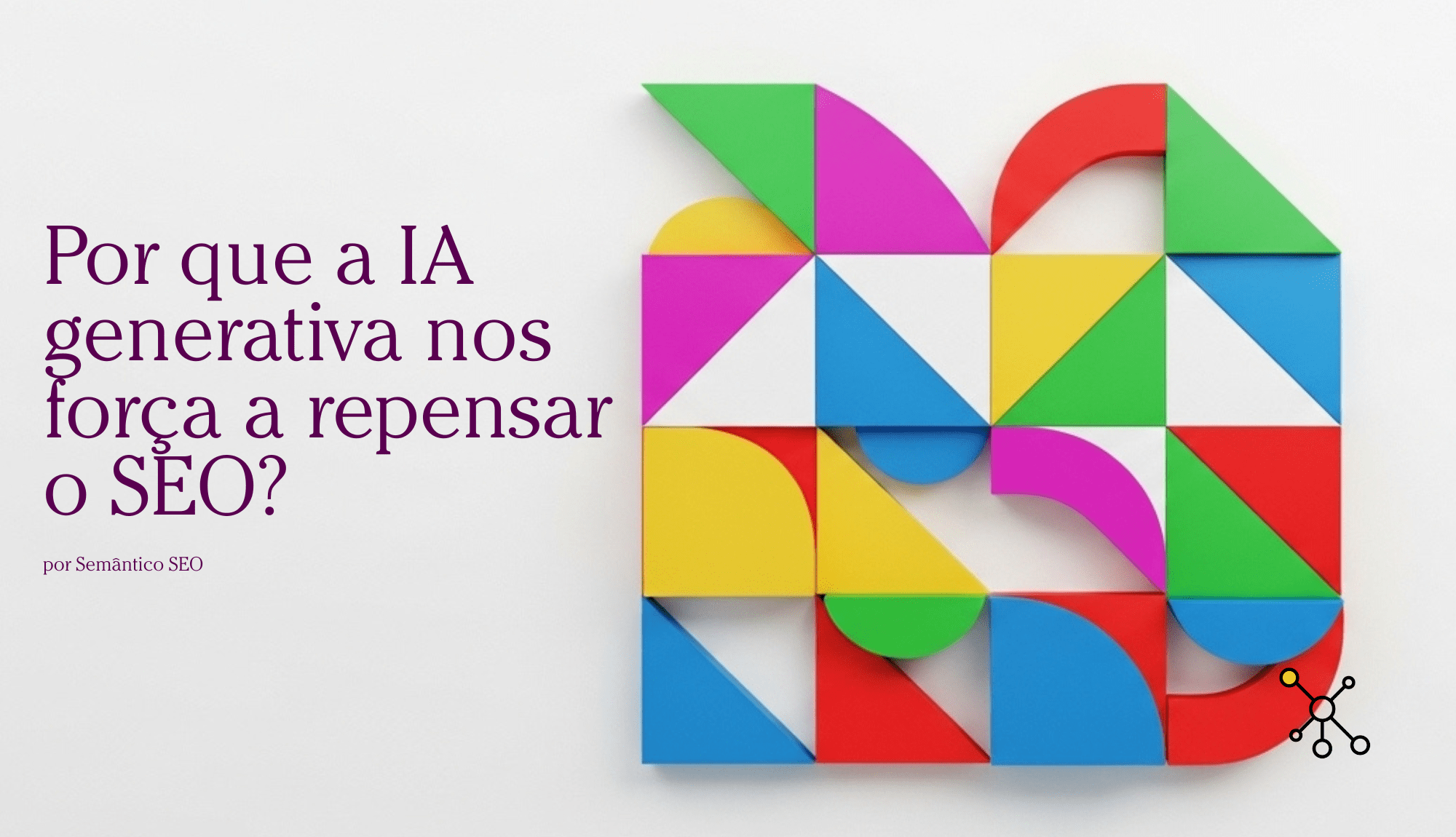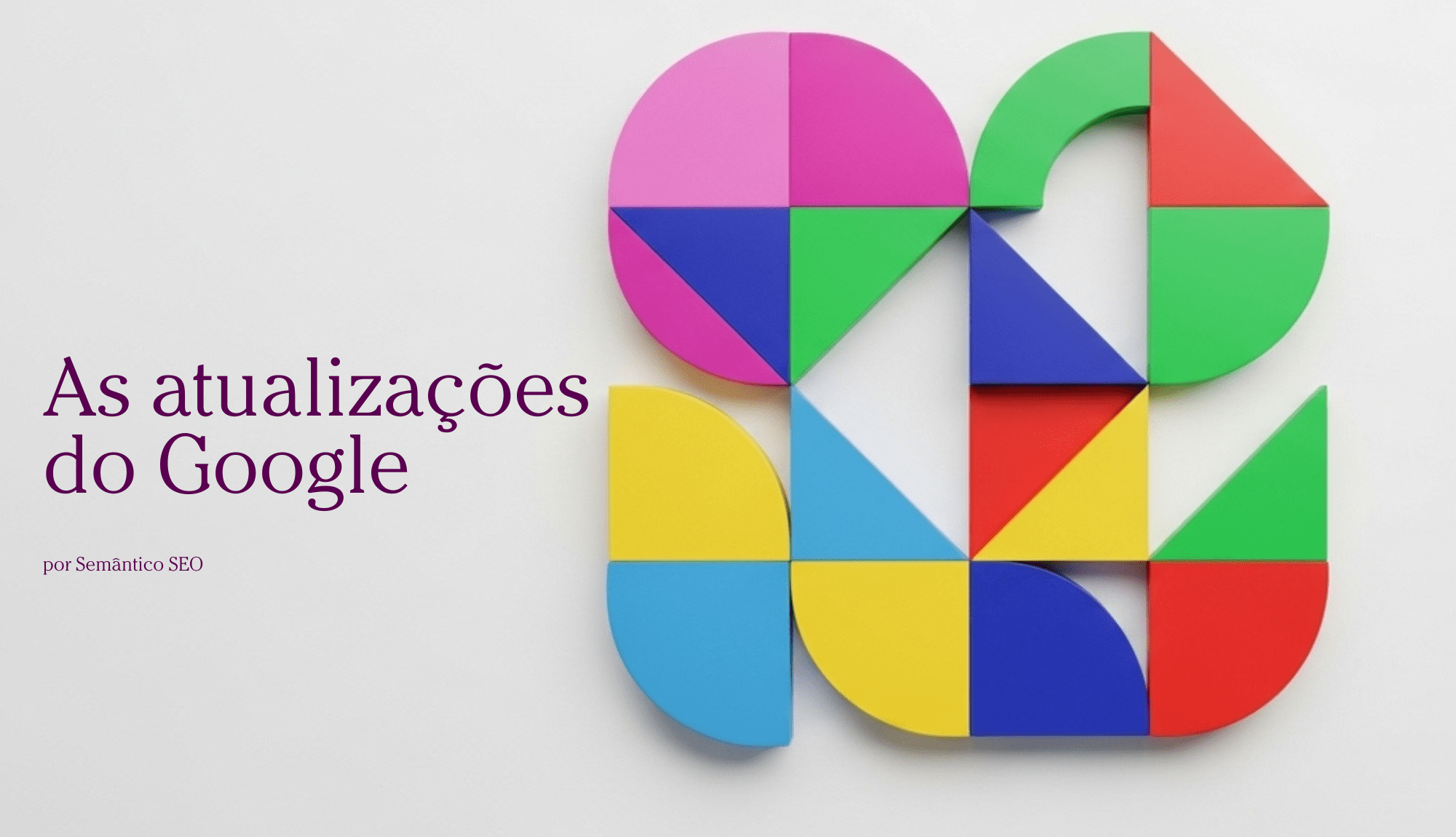Online
Em linha, online ou on-line [on-láin] é um anglicismo advindo do uso da Internet, sendo “em linha” uma tradução literal de on-line, pouco usada no português. No francês, diz-se en ligne e hors-ligne; no é bastante empregado en línea, mais comumente na Europa, sendo online e on-line, devido à grande influência do inglês e dos anglicismos, mais frequente no espanhol latino-americano. “Estar online” ou “estar em linha” significa “estar disponível ao vivo”. No contexto de um web site, significa estar disponível para acesso imediato a uma página de Internet, em tempo real. Na comunicação instantânea, significa estar pronto para a transmissão imediata de dados, seja por meio falado ou escrito. No contexto de um outro sistema de informação, significa estar em plena operação, de acordo com as funções desempenhadas nessa rede ou sistema. De modo oposto, estar offline (ou off-line) representa a indisponibilidade de acesso do usuário à rede ou ao sistema de comunicações. Há também em português, nesse sentido, a expressão “fora de linha”, que é de uso bem menos frequente. Para obras como livros, diz-se versão online da versão na internet, em oposição à versão impressa e à eletrônica, ou por CD, e à versão impressa. A Wikipédia só existe online. Alguns dicionários são vendidos hoje na versão impressa acompanhada de CD. O Volp existe nas versões impressa e online. Este termo passou a ser adotado pelos internautas e popularizou-se com a expansão de fluxo de dados através da Internet, ocorrida a partir da década de 1990. Também se usa, em português, a tradução literal do termo em inglês – “na linha” – com sentido metonímico de estar conectado a uma rede ou a um sistema de comunicações. Os termos possuem, ainda, o significado mais claro de “ao vivo”, “conectado” ou “ligado”. Categoria:Terminologia informática Categoria:Anglicismos



Publicar comentário